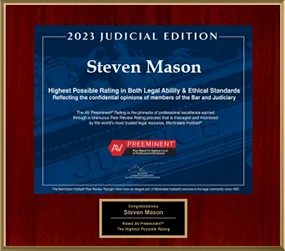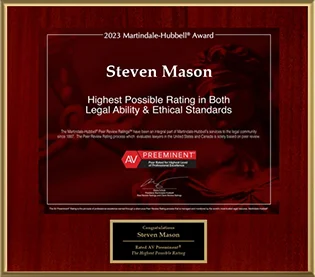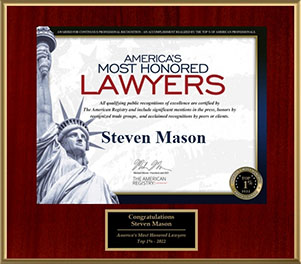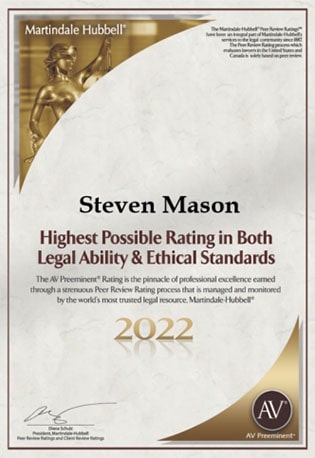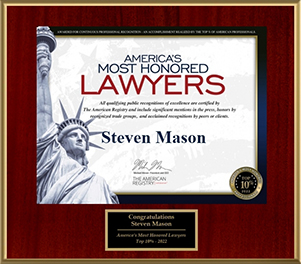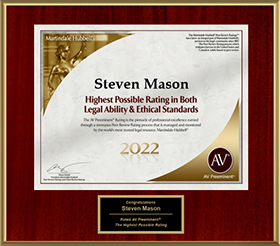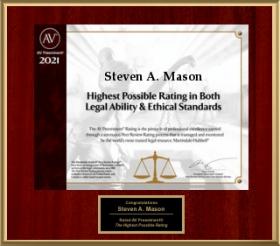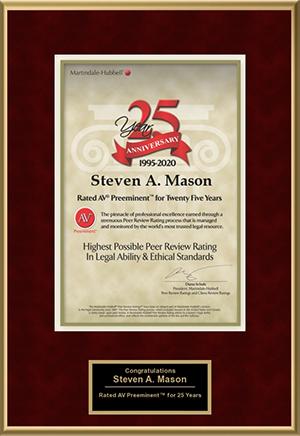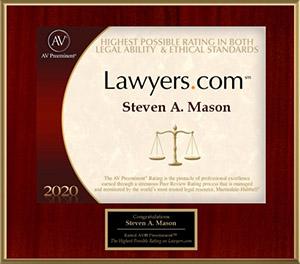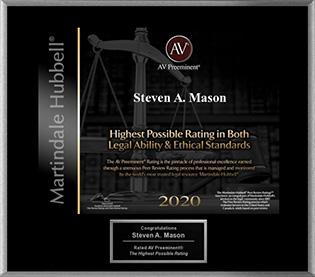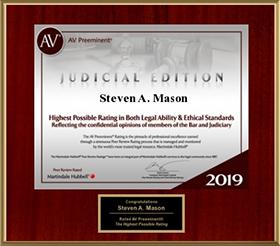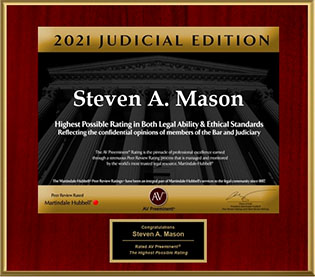Probate and Stepfamilies

Many people find happy lives in blended families. However, because blended families can gel so well, many forget that unless expressly provided for, stepchildren and others considered full family members do not actually inherit under Florida law. If you want to ensure that your stepchildren or other blended family members inherit after your passing, it is important to understand Florida probate law that allows that to happen.
Blood and Inheritance Rights
Under state law, only blood or adoption determines who qualifies as a person’s child, regardless of the depth of family ties. Generally, the relevant law is construed as plainly as possible, with “the intention of the testator as expressed in the will” controlling. So, if the testator grants his property to “my children” in equal shares, this would only encompass biological children under Florida’s statute, because the rationale is that if the testator wanted to include stepchildren, he or she would have said so explicitly.
This can be somewhat unfair to stepchildren who know no other parent than their stepmother or stepfather, especially if they became family early on in life – in everything but legal status, these relationships are familial. But Florida law rationalizes this by stating that in theory, anyone could represent themselves as a non-blood-related family member, and restricting inheritance rights only to blood relatives helps to cut down on fraud. This state interest is held to trump the interest of the stepchild to be counted as a “child” for testamentary purposes.
How To Bequeath To A Stepchild
As one might imagine, if one wishes to make a bequest to a stepchild in their will, they may simply do so explicitly, naming the person and the asset they wish to bequeath. However, some prefer to handle issues in other avenues besides the will, and many of these are perfectly acceptable places to devise assets to a stepchild if preferable. One common avenue by which a parent may give to a stepchild is by making them a beneficiary of a living trust, meaning that you get the income from your assets until your passing, at which time they pass to the trustee (or the specified heirs, if you prefer to entrust your assets to an impartial trustee like an attorney or bank manager).
Sometimes, one might attempt to dispose of certain assets by granting them to a stepchild in a prenuptial agreement with the child’s mother or father, but this is generally frowned upon by Florida law. If you decide to grant an asset of yours which is classified as separate property (in other words, non-marital property) to your new spouse, you may do so, but unless an asset is defined as non-marital, you may not bequeath it to the child because your new spouse will have an interest in it – jointly owned property may not be disposed of unilaterally.
Seek Experienced Legal Help
Probate is a difficult area of law to navigate even when one’s family situation is straightforward. If you have questions and want to make sure your blended family members are taken care of, the Law Offices of Steven A. Mason, P.A. and its Hollywood probate attorneys are happy to sit down with you and try to determine the best direction for you and yours. Contact the Fort Lauderdale and Hollywood Law Offices of Steven A. Mason, P.A. for legal advice at 954-963-5900 or leave a message online.
Resource:
leg.state.fl.us/statutes/index.cfm?App_mode=Display_Statute&Search_String=&URL=0700-0799/0732/Sections/0732.6005.html


